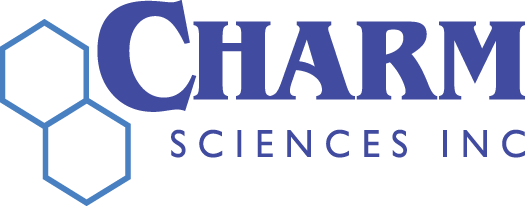News

FGIS Promotes Strict Testing Standards with Charm’s AFQ-WETS5 Test
The Federal Grain Inspection Service (FGIS) first awarded Charm Sciences a five-year contract to promote their strict testing standards with our ROSA WET-S5 Aflatoxin Quantitative Test. This lateral flow test was first approved in 2014, again in 2017, and recently reapproved for detecting aflatoxin in barley, brown rice, corn, DDG, DDGS, hominy, sorghum, soybeans, and wheat.
The certification marks the third approval of our AFQ-WETS5 test and aids FGIS to maintain its core initiatives as listed on the official FGIS Website:
- Establishes and maintains official U.S. grain standards for barley, canola, corn, flaxseed, oats, rye, sorghum, soybeans, sunflower seed, triticale, wheat, mixed grain, rice, and pulses.
- Inspects and weighs grain and related products for domestic and export trade.
- Establishes methods and procedures and approves equipment for the official inspection and weighing of grain.
- Supervises the official grain inspection and weighing system. The official system is a network of FGIS field offices and State and private grain inspection and weighing agencies across the nation that FGIS authorizes to provide official inspection and weighing services.
- Provides international services and outreach programs and protects the integrity of the official inspection system and the market at large to ensure markets for grain and related products are fair and transparent.
WHAT THIS MEANS FOR OUR CUSTOMERS
The Charm EZ-M System has FGIS approval for Aflatoxin, Deoxynivalenol (Vomitoxin or DON), Fumonisin, Ochratoxin A, and Zearalenone. This is important because it guarantees that the sensitivity of our tests will comply with FGIS standards, which protects your customers and your brand. Your brand is your reputation, and a recall due to mycotoxin can be devastating. Charm understands the importance of brand recognition. That is why our system complies with the most critical portion of the FGIS Approval Process.
To comply, 95% of all tests and replicates need to be within the established range set by the FGIS.
